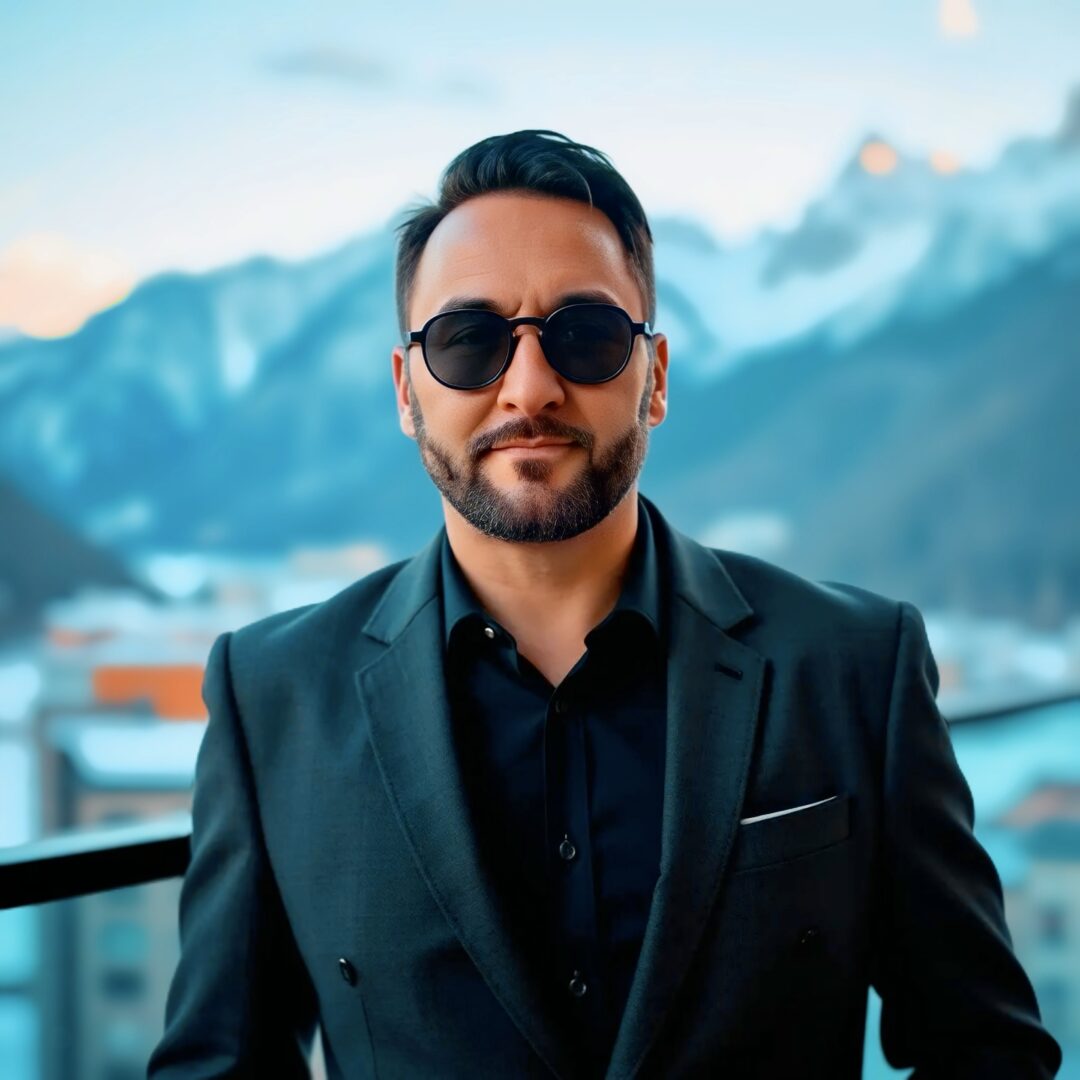We recently had the chance to connect with Travis Stillwell and have shared our conversation below.
Good morning Travis , we’re so happy to have you here with us and we’d love to explore your story and how you think about life and legacy and so much more. So let’s start with a question we often ask: What do the first 90 minutes of your day look like?
I’m up at 4:30 a.m.—not because I love waking up early, but because I know myself. If I don’t start then, I’ll end up working late into the night and lose the balance I need. What I really value is the stillness before sunrise. In that quiet darkness, I find the clarity and creative energy that shapes my best work. That’s when I’ll sketch out new ideas, or map the flow of a project while distractions are nonexistent. Some of my best breakthroughs for Flux Mechanics—whether it’s designing immersive VR training modules or planning adventure shoots—have come from those hours before the city stirs. By the time the world around me begins to wake up, I’ve already poured my best energy into my work, and the rest of the day feels like it flows from that foundation.
Can you briefly introduce yourself and share what makes you or your brand unique?
I create experiences people don’t just see—they feel. I founded Flux Mechanics in 2010, long before immersive media was mainstream, building VR/360 experiences in entertainment that caught the eye of the U.S. Air Force. In 2019, I began working with them to develop VR training systems, even flying in military aircraft to capture real-world operations.
Flux Mechanics now bridges two worlds: cutting-edge VR training that saves time, money, and lives, and immersive adventure content that lets people relive once-in-a-lifetime moments. What makes us unique is that we turn experiences into something lasting—whether it’s preparing a pilot for a critical mission or helping someone step back into their greatest adventure. Right now, I’m expanding projects on both sides, pushing VR and immersive video further than people expect. Flux Mechanics isn’t just about production—it’s about impact, connection, and presence.
Thanks for sharing that. Would love to go back in time and hear about how your past might have impacted who you are today. What breaks the bonds between people—and what restores them?
What breaks the bonds between people is almost always the same: small erosion’s that become huge gaps — a string of un-kept promises, the slow creep of selfishness, fear that goes unnamed, and the collision of impulse against integrity. It isn’t always one big betrayal; most of the time it’s quiet things left to fester: not showing up, not listening, choosing convenience over courage. Those are the cracks that let distance grow until the thing that once held people together feels foreign.
What restores them is harder work and humbler courage. Restoration starts with ownership — naming the ways you failed without excuses — and the small, steady acts that prove you meant it. It’s showing up when it’s uncomfortable, being accountable when it’s costly, and choosing connection over being right. For me, healing has also needed ritual: honest conversations at odd hours, written apologies that stand on paper, and consistency over time. There’s a spiritual side too — a kind of ghostly ally I rely on to keep me honest and on task — but at the core it’s practical: time, repetition, and mutual labor.
I’ve been torn apart more than once and found my way back by doing both: taking responsibility for where I cracked, and then rebuilding with daily proof — small actions that add up until trust isn’t a wish anymore but a lived pattern. Restoration isn’t a single moment of forgiveness; it’s a slow season of rebuilding the house together, brick by brick, fueled by humility and the stubborn belief that some bonds are worth fighting for.
What’s something you changed your mind about after failing hard?
For a long time, I believed I could find my path to success 100% on my own. I wore that mindset like armor—if I just pushed harder, worked longer, and stayed locked in, I could outlast any obstacle without leaning on anyone. The failure in that thinking hit me hard: I burned out, I hit walls, and I realized that white-knuckling my way forward wasn’t sustainable.
During my years with the Air Force, I saw the truth of it firsthand. Even the most skilled pilots—people at the top of their game—rely completely on the team around them. There’s a reason flight is built on checklists, communication, and trust: no one flies alone. That lesson stuck with me.
When I carried that back into Flux Mechanics, everything shifted. My best projects, my biggest breakthroughs, and the most meaningful impact have always come through collaboration—working alongside people who challenge me, sharpen me, and sometimes carry the load when I can’t. I still value independence and discipline, but I no longer confuse that with isolation. Real success isn’t about proving you can do it alone—it’s about building something bigger, together.
Sure, so let’s go deeper into your values and how you think. What’s a cultural value you protect at all costs?
Commitment is the cultural value I protect at all costs. For me, it means showing up fully and following through, no matter how hard it gets. Talent is valuable, but without commitment it doesn’t last. Commitment creates trust, and trust is what holds teams, partnerships, and friendships together.
Before we go, we’d love to hear your thoughts on some longer-run, legacy type questions. What do you understand deeply that most people don’t?
I understand deeply the value of time—especially other people’s time. Every single second is priceless. A big problem I see is that many people don’t value their own time or their day-to-day experiences, so they don’t realize that creating quality time requires sacrifice in the present. And if someone can’t respect their own time, they can’t truly value the time of others. That’s what leads to poor work habits and weak teamwork.
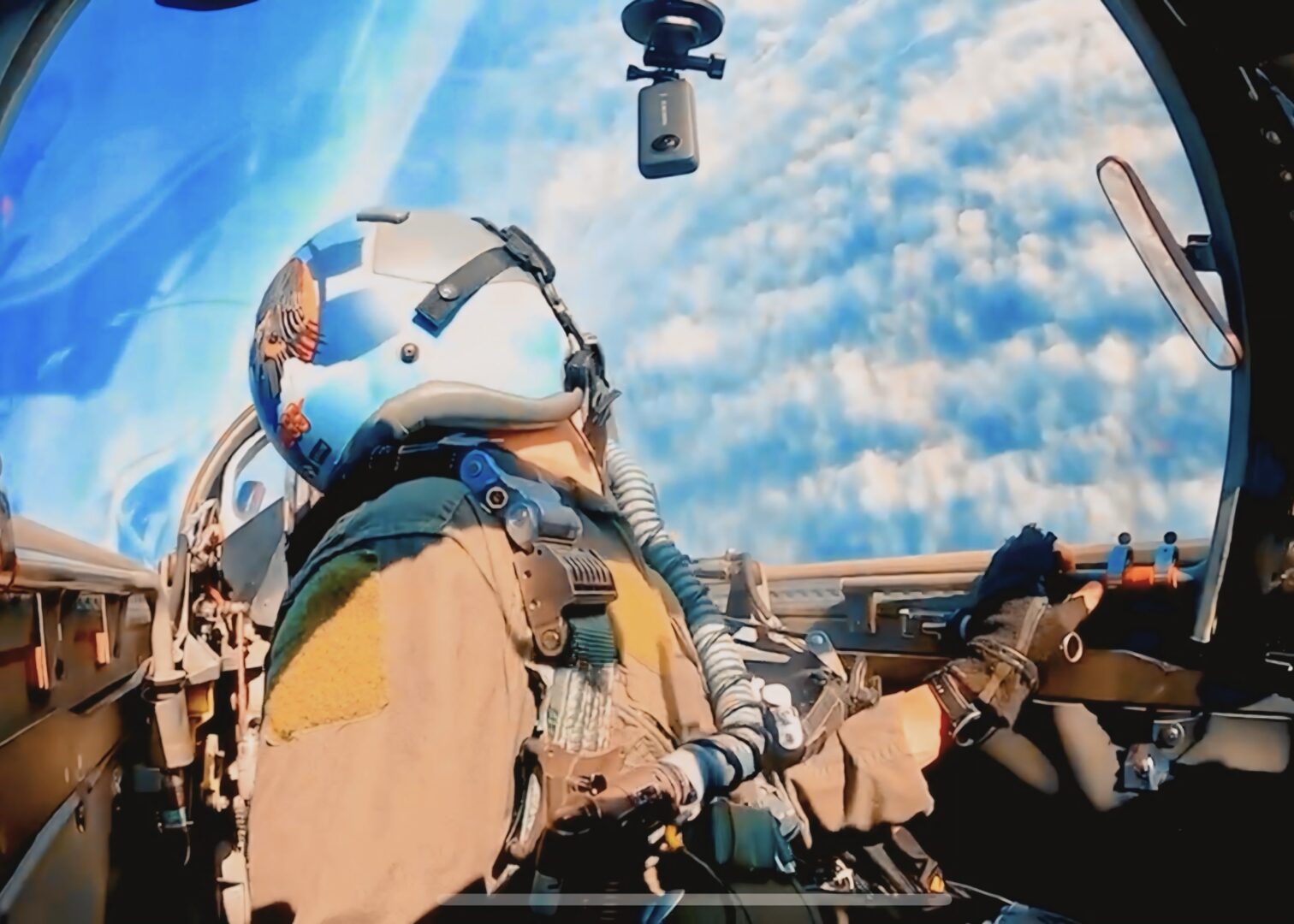
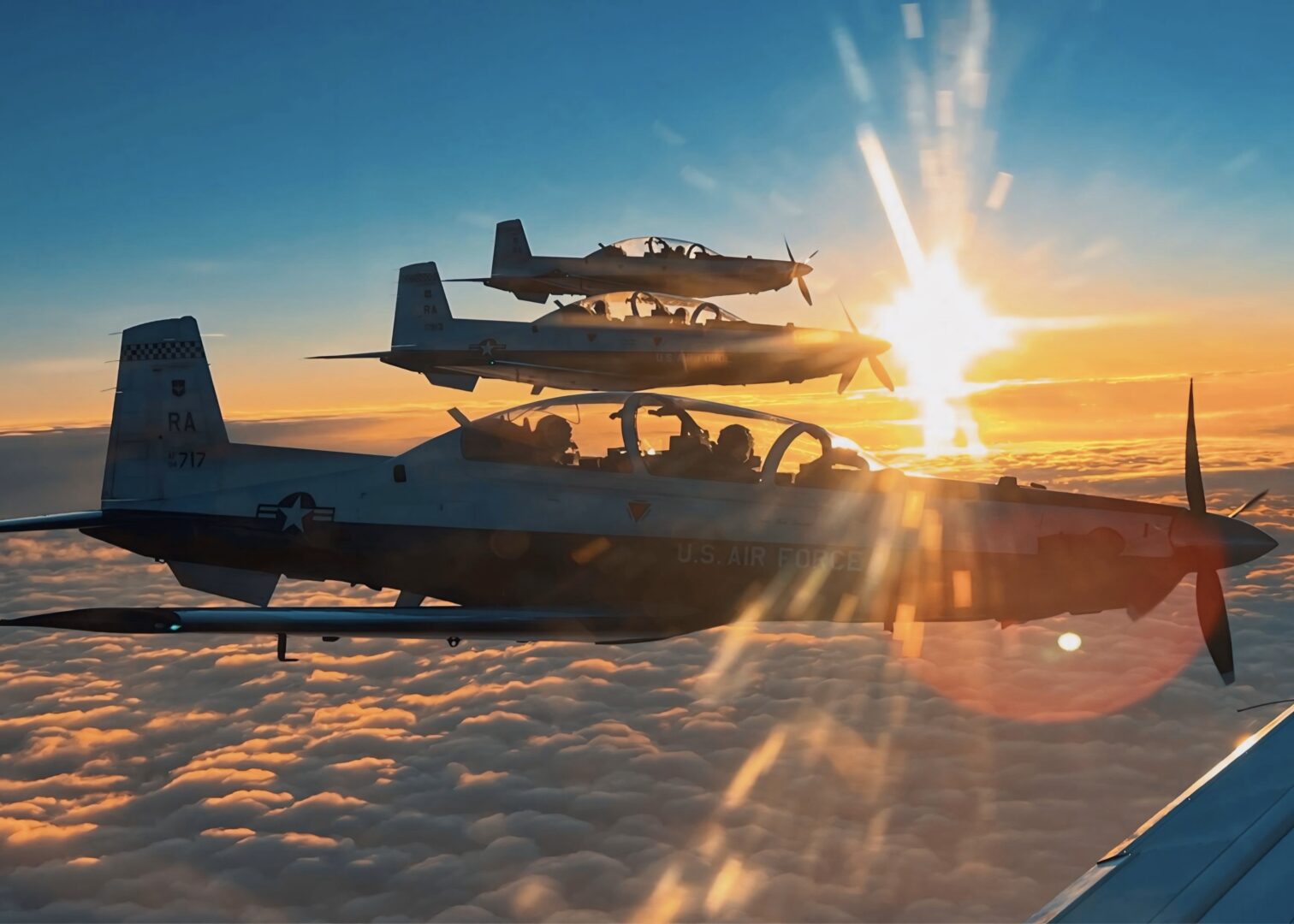
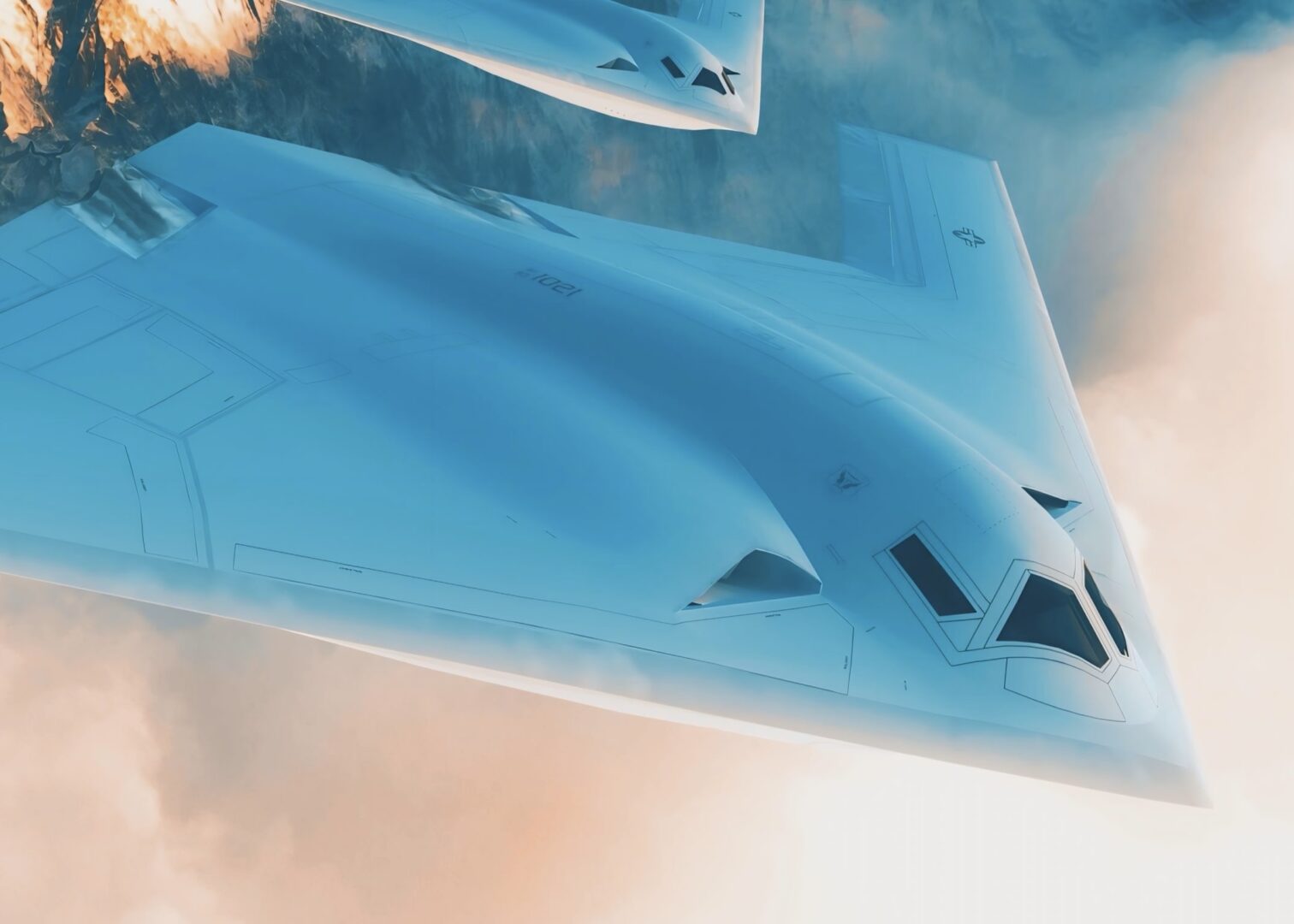

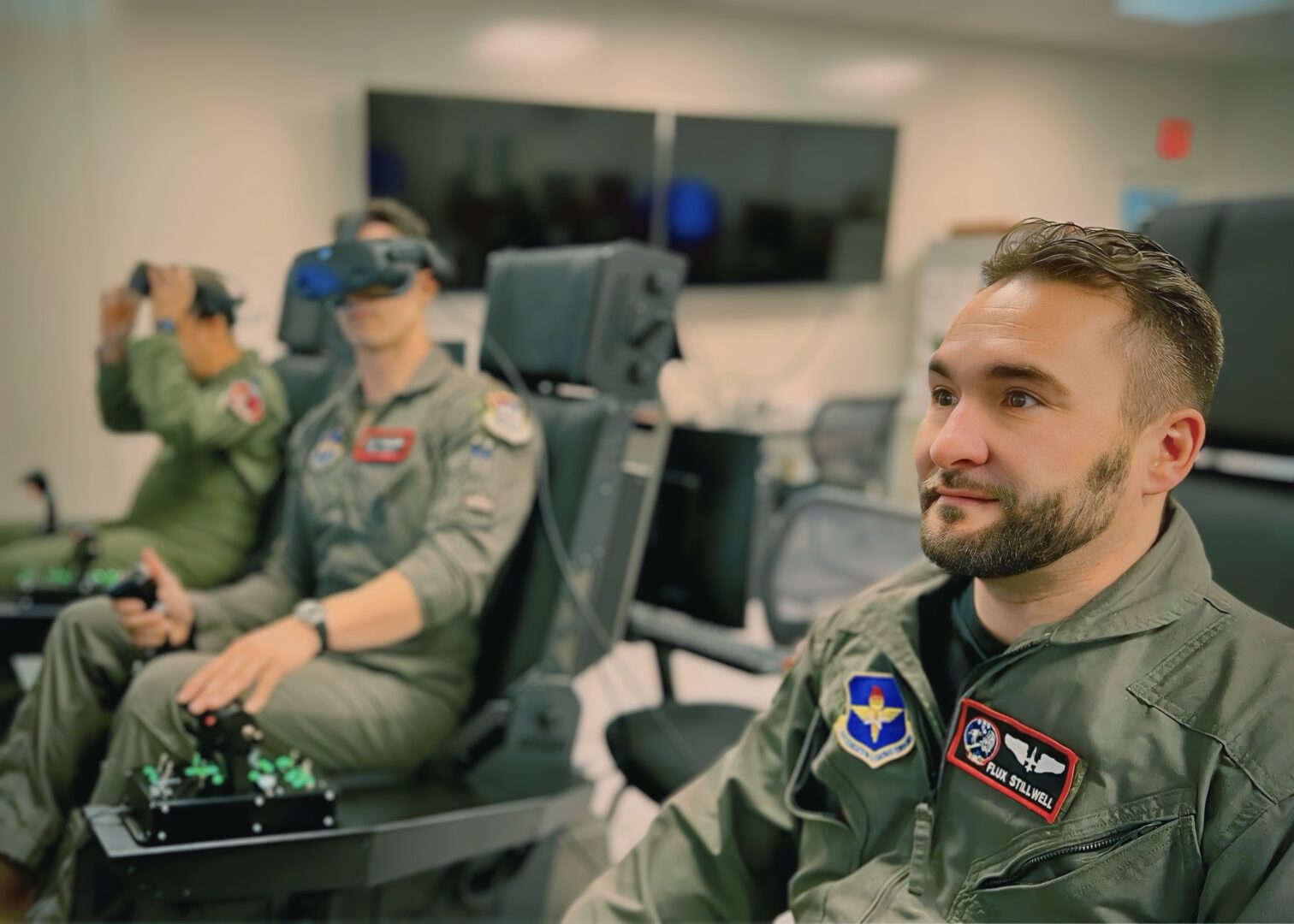
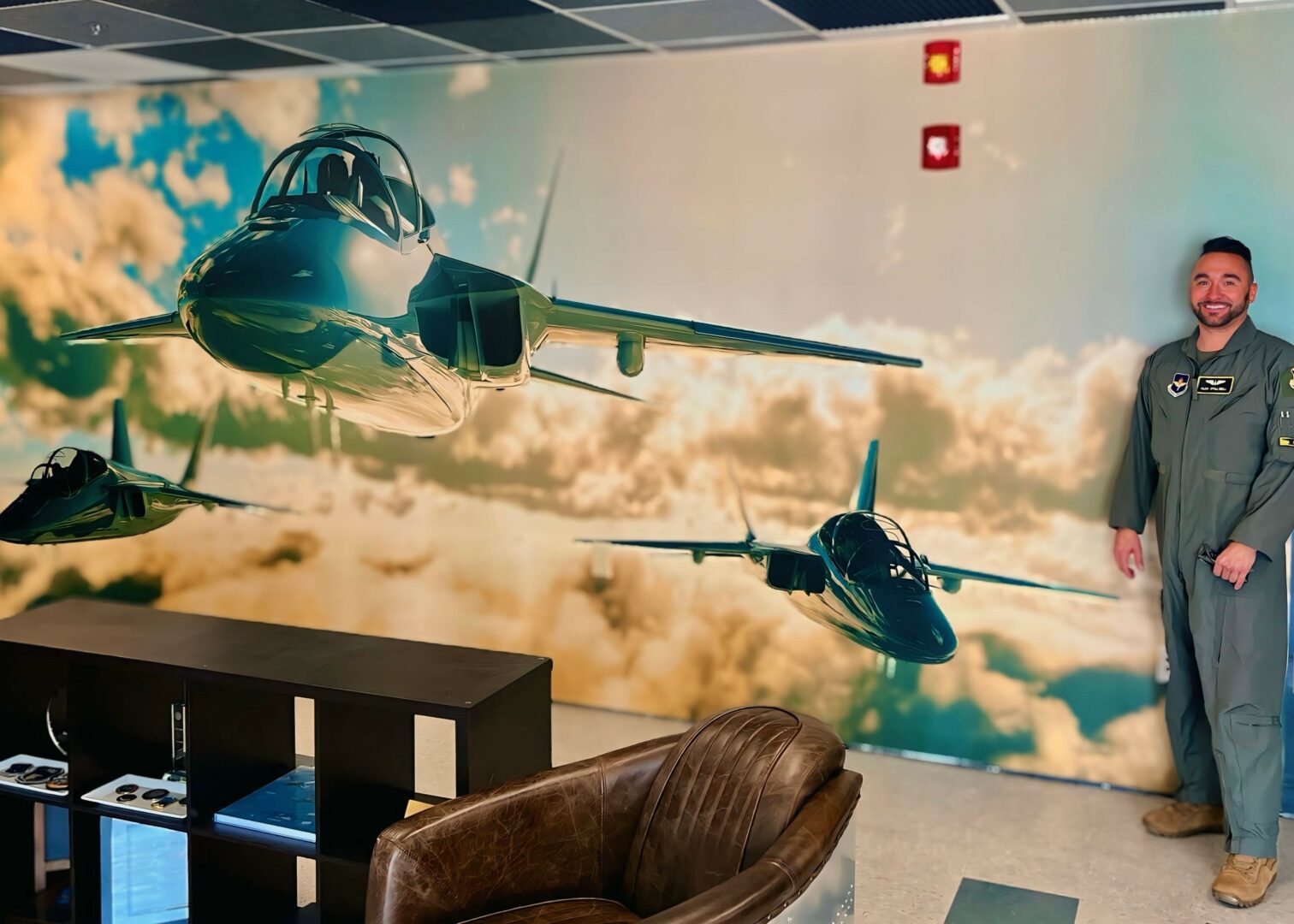
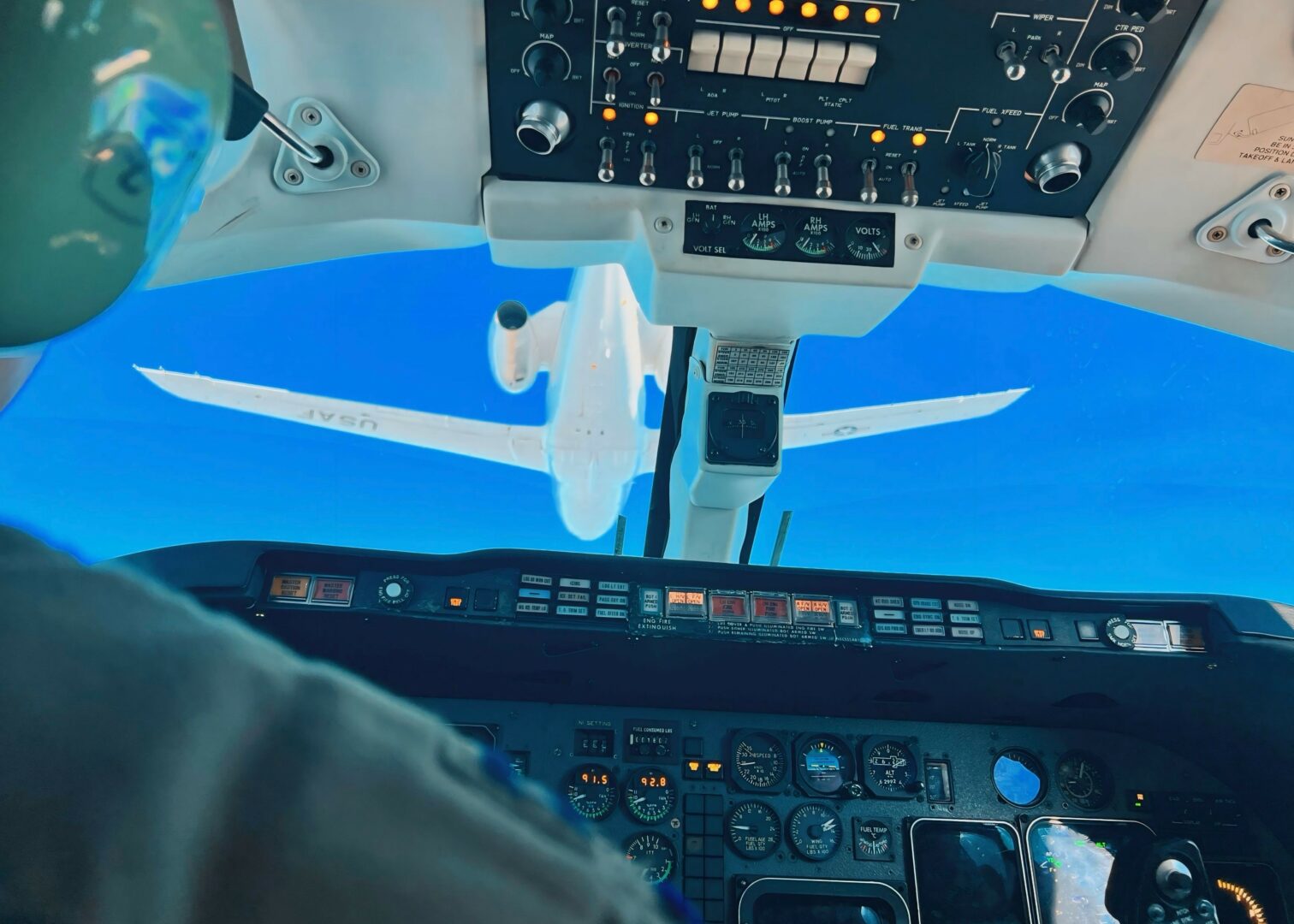
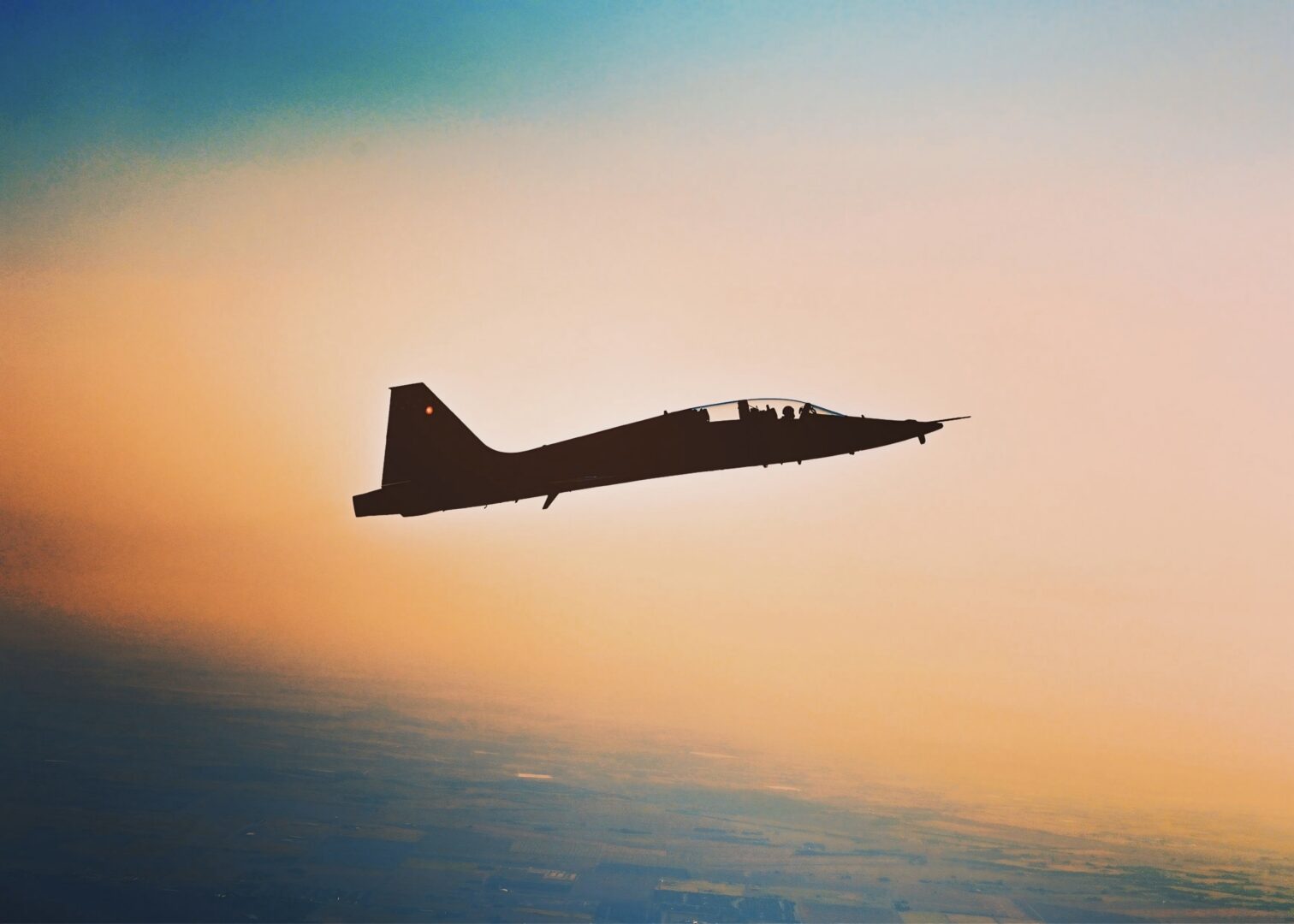
Image Credits
All images by Travis Stillwell
so if you or someone you know deserves recognition please let us know here.

